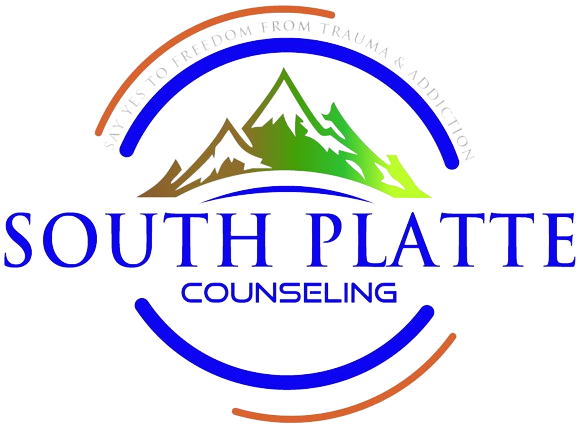A Patient’s Experience with Talk Therapy
In South Platte Counseling’s ongoing blog series, “Mental Health and Me,” we invite one of our clients to write openly and anonymously about their mental health journey on a topic they’ve personally experienced.
We are showcasing this counseling series to help de-stigmatize the conversation around mental health. We want to let people know mental health is an individual journey and a ubiquitous life experience. With that being said, let’s read about one person’s experience with this week’s topic: living with long-term grief.
On Mother’s Day in 2000, my dad passed away due to a sudden heart attack when he was 48 years old. I had just turned 17. One day my life was normal, and the next day, it wasn’t. I felt like nothing would ever be “normal” again.
I’m 38 years old now, and I’ve been living with the feeling of grief for longer than I haven’t. Because I’ve been in sustained grief for so long, I don’t know how to untangle myself from it. The sense of grief is so ingrained in who I am that I can’t even imagine who I would be without it – and it’s difficult to remember who I was before it.
My father’s death is something that I’ve thought about, at least for a brief moment, every single day for the past 21 years. It’s such a foreign concept to think about what life would have been like if that hadn’t have happened. I’m not sure I even have the imaginative capacity to think what that life might’ve been. This feeling has been the only true constant I’ve known. Loves, friends, jobs – they’ve all come and gone through the years, but my grief has always remained and overshadows it all. Although how I’ve felt about my grief through the years has changed, it existing inside of me always endures.
That’s the funny thing about grief. It’s always with you – you can’t ever escape it. It harkens back to the adage, “everywhere you go, there you are.” Everywhere I go, there it is. Grief is something that is wholly our own, and it lives in the deepest parts of our soul. It is always with you because it becomes a part of what makes you, you. Or rather, it’s made me, me.
As the years have passed, I’ve come to accept this is who I am now. But let me be clear: it is not, “I am my grief and my grief is me,” and being defined by it is not who I am only, but more of, “I carry grief, and through that experience, it’s made me who I am.” I was just a kid when it happened, and that struggle steeled me for how I react, think, filter experiences, and move through my life. It’s made me an incredibly pragmatic person.
I know and honestly believe in the depths of my soul that I’ve already experienced the most prolific heartbreak of my life. There’s nothing I can’t survive – because I’ve already been through it. I know the sun will rise again each morning, and the days will keep coming. Eventually, I know I’ll be ok again because I’ve already experienced it, and ultimately, I was ok again. My grief has made me stronger.
I’m not closeted about my struggles with long-term grief, and it no longer consumes me. It took me years to seek proper mental health resources to deal with, what still is, the most significant event of my life.
Twenty years ago, no one ever spoke about mental health in my small farm town, and I’m not even sure there were mental health services available. It took me a long time to seek out help as an adult. I didn’t realize how much my father’s death had been and was currently impacting my life. It may have started as one thing that happened to me, but it branched out into affecting many other aspects of my life.
I want people to know that it’s never too late to find a counselor and talk about it. No matter how much time has passed, it can always get better. Being proactive about my emotional health and emotional healing has allowed me to help others who are newly experiencing grief and sorrow. Through my life experiences and therapy, I can live as an example that it’s eventually going to be ok on the other side.
If you have lost a parent I highly recommend you give South Platte Counseling a call. They have highly trained counselors that will help you begin the healing process.
South Platte Counseling
770 W. Hampden #201
Englewood, CO 80110
303-532-4476



